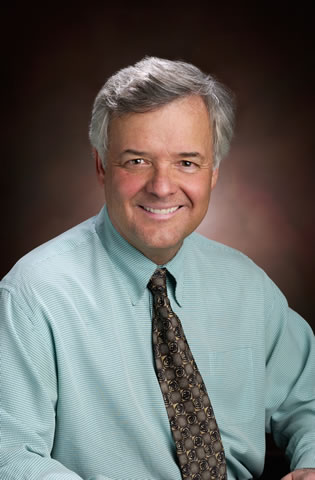|
Dennis Boyle, MD, is an Assistant Professor of Medicine at University of Colorado, located in the Rheumatology department at Denver Health. He has also been involved in the communications field for ten years. He started as a Bayer Facilitator in 1996. Since that time he has done workshops to over 3000 providers in Colorado and at events across the country. He has developed his own interactive workshops on a variety of communications issues, including emergency room team building, death and dying, cognition in medicine, and human factors training in the operating room setting. Over the same time period he has been involved in the University of Colorado’s Foundations of Doctoring Curriculum. This new approach gets students into volunteer doctors’ offices one afternoon a week, almost from the first day of medical school. He is now the Associate Course director of this innovative program, teaching 320 medical students yearly the fundamentals and intricacies of physician-patient communication. Most recently Dennis has assumed a half time position at the COPIC malpractice insurance company. He is a risk manager for them and speaks and coaches across Colorado on a variety of communication and malpractice topics. |
 |
About the topic
“I know you believe that you understand what you think I said, but I am not sure you realize that what you heard is not what I meant”
When a person sits down with his or her physician for the first time, it takes an average of just 23 seconds before the doctor interrupts the patient. This is one of the conclusions drawn from a recent national study of doctor-patient communications. The survey, conducted by the Association of American Medical Colleges (AAMC), shows that patients prefer physicians who have good communication skills and caring attitudes. In response to the AAMC consumer survey, many medical schools have moved away from the classroom to the patients' bedsides to teach new doctors how to listen to and communicate with their patients. "It's well known that failure in communication is one of the primary causes for dissatisfied patients.” As well as complaints: 17.1% of the physicians in a recent study had at least one complaint files against them with their regulatory board, and 81.9% of the complaints were about communication problems or quality-of-care issues. "This observation underscores the importance of addressing professional skills and perspectives early and often during medical education," the authors concluded.
Interesting short handouts from the University of Miami School of Medicine:
Click here for a PDF file of a one page handout on Communication Skills for Saying No Effectively to a Demanding Patient.
Click here for a PDF file of a one page handout on Communication Skills for Communicating with the Angry Patient
Click here for a PDF file of a one page handout on Non-Verbal Communication
© Monica Broome, M.D., University of Miami School of Medicine
